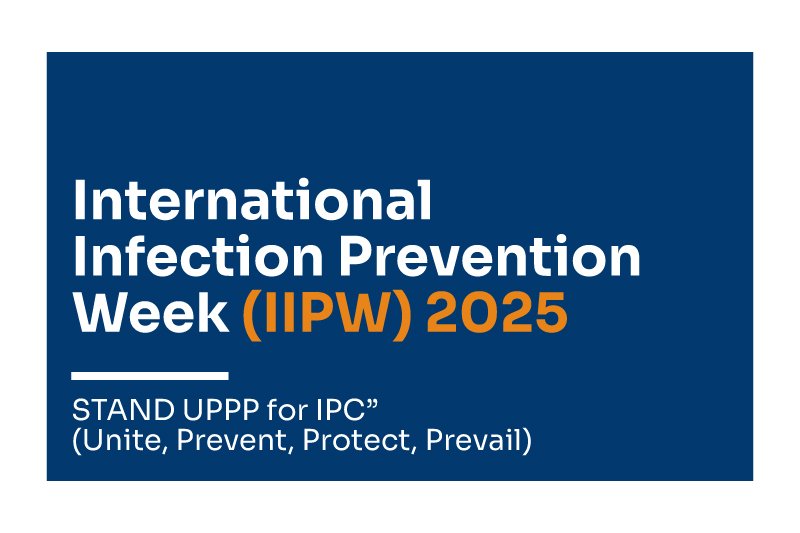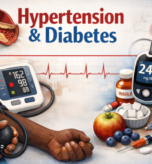TRANSMISSION-BASED PRECAUTIONS
Preventing the spread of infections doesn’t stop at the hospital, it begins with everyday habits. While Standard Precautions like hand hygiene and respiratory etiquette are for everyone, certain situations in daily life call for Transmission-Based Precautions; extra steps to protect yourself and others when infection risks are higher.
These measures help reduce the spread of contagious illnesses at home, in schools, workplaces, and communities.
Types of Transmission-Based Precautions
1) Contact Precautions
Used when infections spread through direct touch or contaminated surfaces.
Everyday examples:
- Sharing personal items like towels or phones, etc.
- Touching door handles, light switches, or surfaces after someone with a stomach bug
Practical habits:
- Wash hands frequently with soap and water
- Disinfect frequently touched objects
- Avoid sharing personal items like razors or utensils
- Wear gloves when caring for someone with an open wound or rash
2) Droplet Precautions
Used for infections spread through large droplets from coughs, sneezes, or talking.
Everyday examples:
- Flu season in offices or schools
- Coughing or sneezing without covering the mouth
Practical habits:
- Cover your mouth and nose when coughing or sneezing
- Stay home when sick
- Wear a face mask if unwell or around someone ill
- Keep a safe distance when someone is coughing
3) Airborne Precautions
Used for infections that spread through tiny particles that stay in the air.
Everyday examples:
- Poorly ventilated rooms during outbreaks of flu, COVID-19, or measles
- Public transport or crowded indoor spaces
Practical habits:
- Ensure good ventilation open windows or use air purifiers
- Wear a well-fitted mask (like an N95) in crowded or enclosed spaces
- Avoid unnecessary close contact during outbreaks
Combining Precautions for Safer Living
Transmission-Based Precautions complement everyday hygiene, not replace it
- Hand hygiene is still the first line of defense.
- Environmental cleaning keeps germs from spreading through surfaces.
- Consistent awareness and small actions like sanitizing your phone or washing reusable bottles go a long way.
Building a Culture of Prevention
Infection prevention is everyone’s responsibility, at home, in school, at work, and in public spaces.
- Know when to take extra precautions
- Encourage healthy practices among family, friends, and colleagues
- Stay informed and prepared during outbreaks
For us at FOCOS Hospital, our commitment to safety extends beyond our walls. By promoting evidence-based prevention practices, we can all contribute to healthier communities. Visit us today for all your healthcare needs





